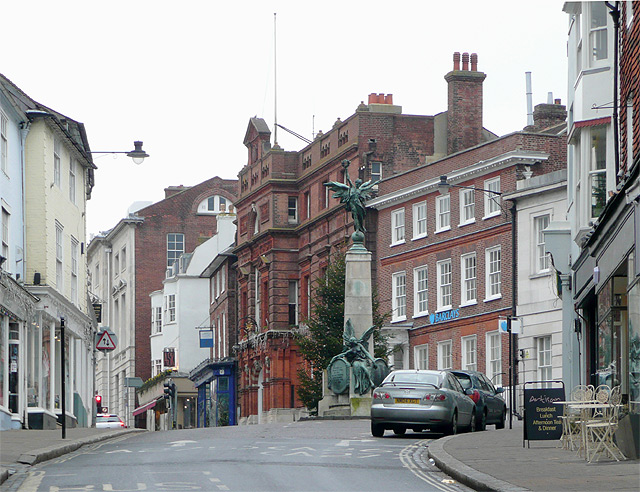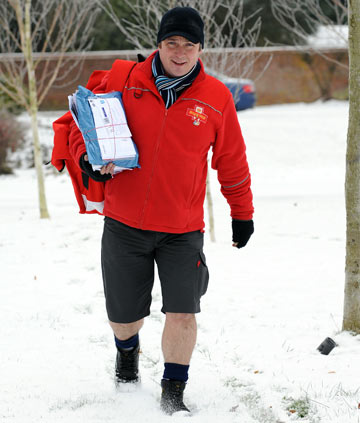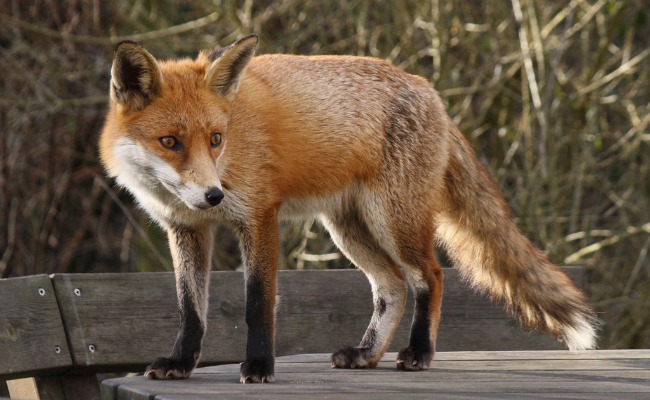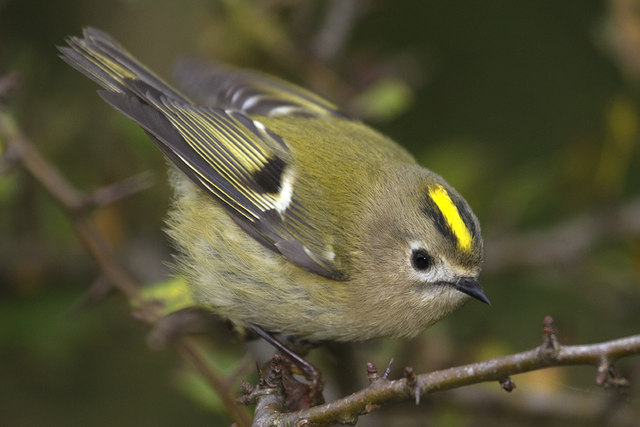Yesterday, I was telling how I travelled to Bosnia with an aid convoy organised by Lions Clubs in south-east England not long after the end of the war in the 1990s. On my return I wrote an article which was published in a national newspaper. Here is the first part.
~~~~~
Vitez, Bosnia - Saturday
Late at night, a
convoy of cars comes down the road from the mountains, lights blazing and horns
blaring. They disappear somewhere in the
town.Twenty minutes later we hear a burst
of automatic rifle fire. Then the
convoy, now twice the size, returns into the mountains, still with lights
blazing and horns blaring. We settle for
the night in our motor caravan, secure in the knowledge that we are in a locked
compound protected by an armed guard.
Our party of seven had
left Dover the previous Monday in our own convoy of two lorries and the motor
caravan. The lorries were loaded with 30
tons of foodstuff, clothing, medical supplies and toys, all donated by people
and companies throughout south-east England and bound for refugee camps in
Bosnia. The motor caravan was to act as
a support vehicle, providing facilities for both cooking and sleeping.
The journey through
France, Belgium, Germany, Austria and Slovenia had been fairly uneventful.With the lorries fully laden, we had plodded
down the autobahns at a maximum 56mph, slowing to less than 25mph on the
steeper hills.There had been delays of
two and a half hours at the Austria-Slovenia border and three and a half hours
at the Slovenia-Croatia border.But
worse was to come.
We travelled down the
Dalmatian coastline, through rugged, inhospitable mountains and past seemingly
endless islands basking in bright sun in the blue Adriatic Sea.
Before reaching Split, we turned inland to
head for the border crossing into Bosnia at Kamensko.
From here on we saw almost constant signs of
the conflict – burnt-out cars, buses and lorries beside the road and deserted
villages with every house in ruins.
In
the towns, complete factories had been destroyed, their fleets of lorries
standing blackened and useless after the fires.
Churches and mosques alike were without roofs or windows.
| Overnight stop in Croatia |
In 50 miles, perhaps
one per cent of the dwellings had signs of people living in them and many of
those were of questionable habitability.
Fields were untended, many of them marked as uncleared minefields.
For mile after mile we passed through ghost
towns.
We reached the
Croatia-Bosnia border just after 6pm yesterday, Friday. The evening was spent in fruitless argument
with customs officials in an attempt to untangle red tape. The problem seemed to be that the Croatian
officials were loath to let us leave the country because our paperwork, which
was clearly marked “Humanitarian Aid”, stated that we carried coffee. Unfortunately we were quite unable to tell them
how much or where it was because we had hundreds of shoe-boxes packed by many
different people.
After passing the
night under the watchful eyes of the Royal Military Police and the ambulance
section of 23 Para, who maintain a guard post on the
border, proper hot showers this morning were a real and unexpected luxury. We were even able to obtain an up-to-date map
of Bosnia showing the IFOR (Peace Implementation Force) road markings.
 |
| Croatia - rugged, inhospitable countryside |
We were starting to
despair of ever entering Bosnia when, at 11.00 this morning, a British couple
working for Children’s Aid Direct, the charity with which we have contacts,
passed through the border from Bosnia into Croatia.
They were able to convince the officials that we carried only
humanitarian aid, and by 11.15 we were on the road again. We had spent 18 hours at the border and were
now 24 hours behind schedule.
Croatia had seemed
bad, but Bosnia was even worse. Burnt
out vehicles – including a tank – were more frequent. Piles of rubble beside the road marked
cleared road blocks. Minefields were
more extensive. The IFOR presence is
very heavy.
If one could ignore
the signs of war, the scenery is magnificent.
Travnik must have been a beautiful town, but now every building is
pock-marked by bullets and most of the doors and window frames have gone for
firewood.
We
finally reached Vitez late this afternoon where we made contact with
Stuart. He is the resident Children’s
Aid Direct worker and an ardent St Johnstone fan!

































